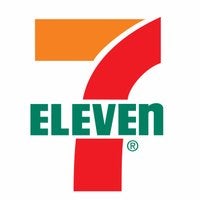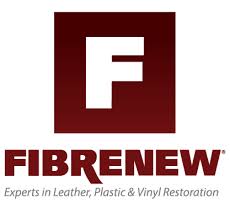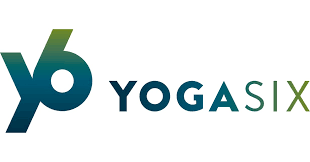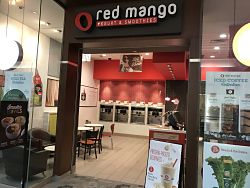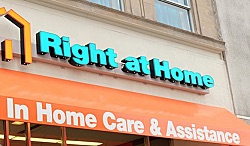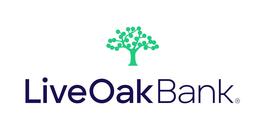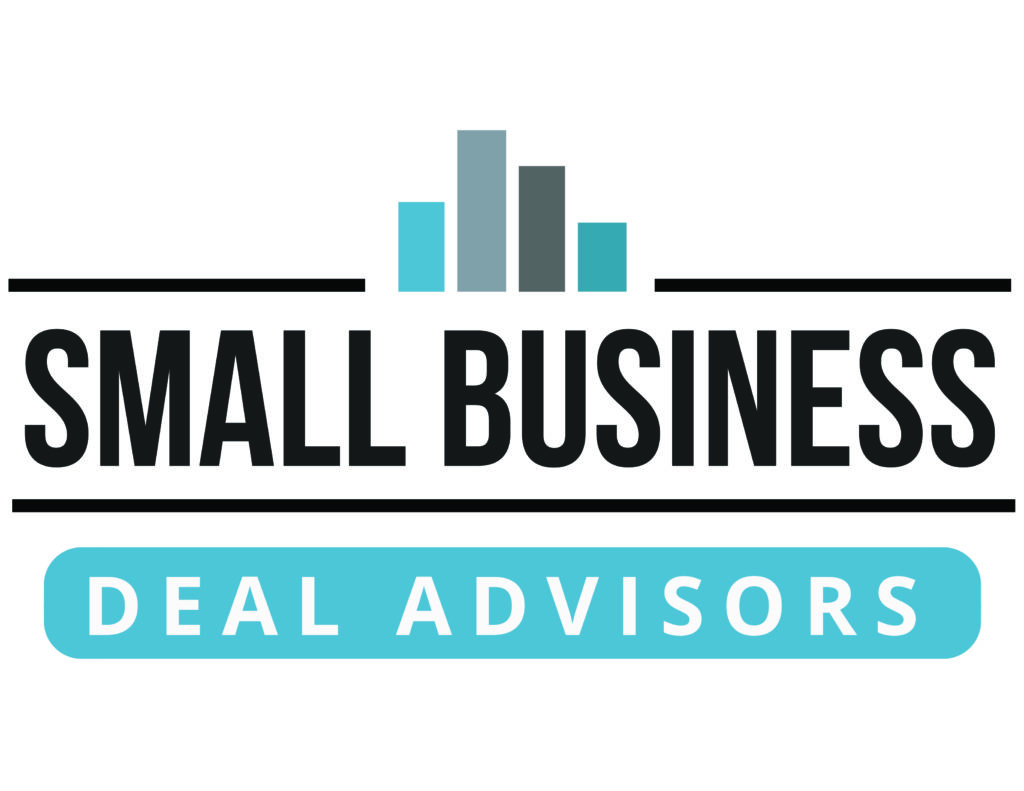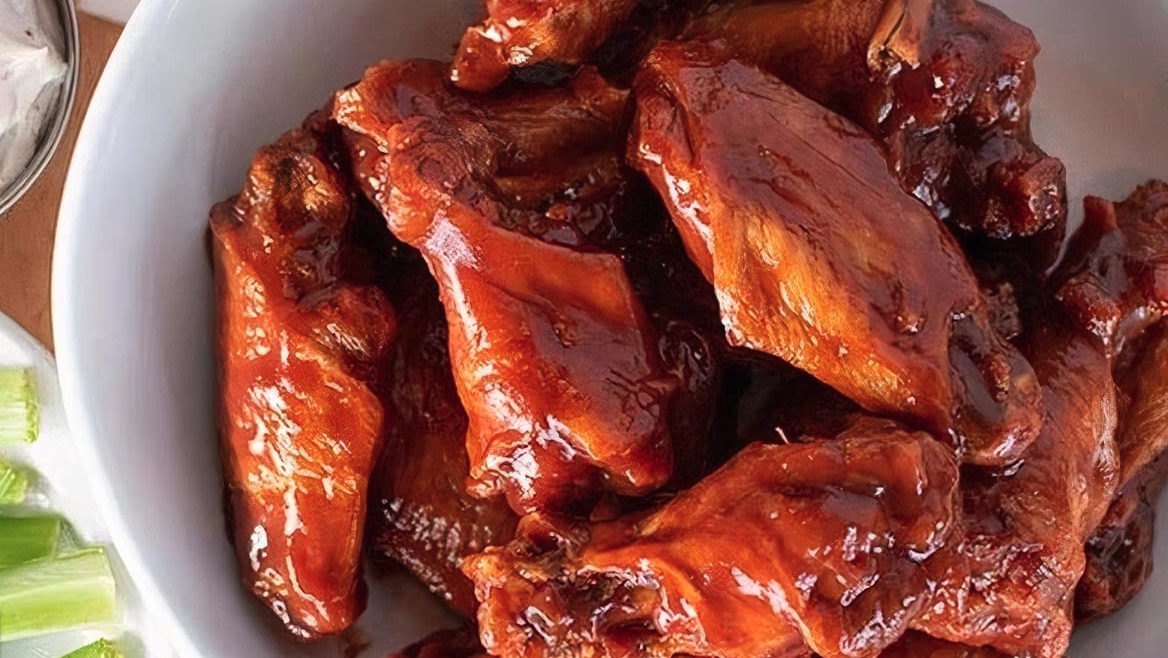Can I sell my franchise to someone else? Yes, you can sell a franchise to someone else, but the process […]
7-Eleven Franchise: What to Know About Owning a Convenience Store
Owning a 7-Eleven franchise involves a unique business model that is somewhat different from other franchising opportunities. Here's an overview of how it works:
- Franchise Model: 7-Eleven operates on a franchise model, meaning individual franchisees own and operate their own stores but under the 7-Eleven brand and guidelines. As a franchisee, you're responsible for the day-to-day operations of the store.
- Initial Investment and Fees: To start, you'll need to make an initial investment that includes a franchise fee, startup costs, and have sufficient capital for ongoing operations. These costs vary based on location, store size, and other factors.
- Revenue Sharing: Unlike some franchises where the franchisee pays rent and a percentage of sales as royalty, 7-Eleven operates on a gross profit sharing model. This means that you and 7-Eleven will share the gross profit of the store (total sales minus the cost of goods sold). The specific percentage can vary.
- Inventory and Supplies: 7-Eleven often assists with inventory management. They may provide a system that helps order and track inventory effectively, which is crucial for managing a convenience store.
- Training: 7-Eleven provides comprehensive training to new franchisees. This training covers store operations, financial management, staff management, and other key areas of running a convenience store.
- Operational Support: The franchisor typically offers ongoing support in various forms, including marketing, product selection, technology systems, and business advice. This support is designed to help you maximize the store's potential.
- Marketing and Branding: As a franchisee, you'll benefit from the 7-Eleven brand and its marketing efforts. You're required to adhere to the company's branding and store presentation guidelines to maintain brand consistency.
- Compliance with Standards: Franchisees must comply with 7-Eleven's operational standards and policies, which can include store hours, product offerings, and service standards. These standards help maintain the quality and consistency expected of the 7-Eleven brand.
- Ongoing Expenses: In addition to sharing gross profit, franchisees are responsible for store operating expenses, such as payroll, utilities, and maintenance.
- Location and Store Setup: You may have the option to select a store location or take over an existing store, depending on availability. Store setup, layout, and design must align with 7-Eleven's guidelines.
- Community Engagement: Successful franchisees often engage with their local communities, as convenience stores are integral to neighborhood dynamics.
To buy a 7-Eleven franchise in the United States, you'll need to follow a series of steps that involve  financial assessment, training, and approval from the 7-Eleven franchising team. Here’s a general outline of the process:
financial assessment, training, and approval from the 7-Eleven franchising team. Here’s a general outline of the process:
- Research: Begin by gathering as much information as possible about owning a 7-Eleven franchise. Their official website is a good starting point, offering detailed information about costs, requirements, and the support they provide.
- Contact 7-Eleven: Reach out to 7-Eleven through their franchising website or contact their franchising department directly. Express your interest and request more detailed information.
- Application: Fill out and submit a franchise application. This will typically require personal and financial information to assess your qualifications.
- Financial Qualification: You'll need to demonstrate financial stability and the ability to invest in the franchise. This might include providing proof of liquid assets, a good credit score, and a certain net worth.
- Franchise Disclosure Document (FDD) Review: Once your initial application is reviewed, you'll receive an FDD. Review this document carefully as it contains important information about the franchise, including fees, obligations, and performance expectations. It's advisable to review this document with a lawyer experienced in franchise law.
- Interview and Approval Process: You may have to undergo interviews and additional assessments. The franchisor will evaluate your business acumen, experience, and suitability for owning a franchise.
- Training: If approved, you'll be required to participate in a training program. 7-Eleven provides comprehensive training that covers store operations, management, and other essential aspects of running the franchise.
- Store Selection: Depending on the availability and your preference, you'll either select an available store location or be assigned one. Location is a critical factor in the success of a convenience store.
- Financing: If you need financing, explore options provided by 7-Eleven or seek external financing sources like banks or private investors. You’ll need to cover the initial franchise fee, start-up costs, and have working capital.
- Signing the Franchise Agreement: Once you complete training and all other prerequisites, you'll sign the franchise agreement. This legally binding document outlines all the terms and conditions of your franchise ownership.
- Set Up Your Store: With the agreement signed, you can proceed to set up your store. This includes hiring staff, setting up inventory systems, and preparing for the grand opening.
- Grand Opening: Launch your store. 7-Eleven typically provides support in terms of marketing and initial setup to help you get started.
It's important for anyone considering purchasing a franchise to conduct thorough due diligence, including reviewing the Franchise Disclosure Document (FDD), speaking with current franchisees, and possibly consulting with a financial advisor to get a realistic understanding of potential earnings. The FDD provided by 7-Eleven should give detailed information about financial expectations and the experiences of current franchisees.
Recent Articles
Why a Salad Franchise is a Fruitful Financial Opportunity
Are salad franchises profitable? Salad franchises can be profitable, but success depends on various factors including location, competition, quality of […]
Home-based Franchise: 12 Options You Can Run Remotely
Can you run a franchise from home? Yes, it is possible to run a home-based franchise, depending on the nature […]
Turnkey Business for Sale: What to Know Before You Buy
Are turnkey businesses profitable? The profitability of turnkey businesses can vary depending on various factors such as the industry, market […]
In Business for Yourself.. and Totally by Yourself !
The much used statement, which screams the benefit of buying a franchise: “In Business For Yourself BUT Not By Yourself,” […]
7-Eleven Franchise: What to Know About Owning a Convenience Store
Owning a 7-Eleven franchise involves a unique business model that is somewhat different from other franchising opportunities. Here's an overview […]


